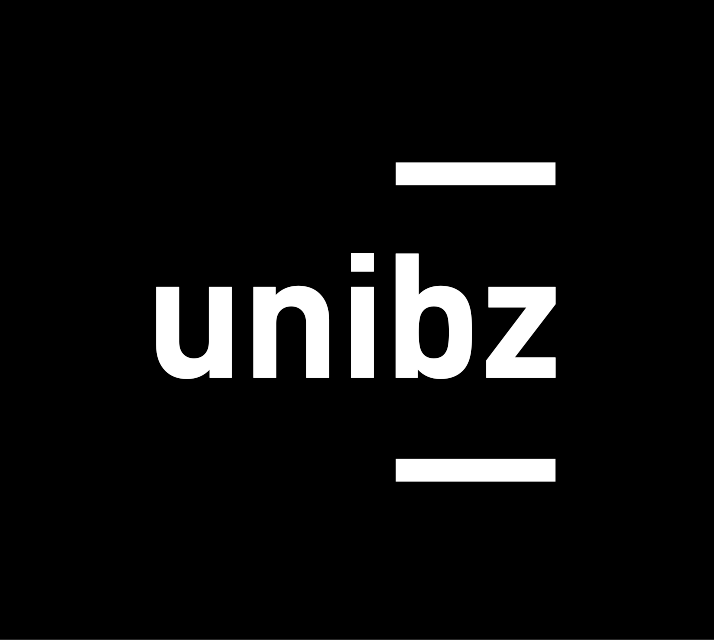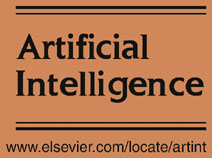Full Papers
Abstracts due: February 4 February 18, 2022
Submissions due: February 11 February 25, 2022
Submission template for ICCC 2022: LATEX TEMPLATE. WORD TEMPLATE.
Easychair submission site: SUBMIT HERE
Note that there is another conference on EasyChair using the ICCC acronym: therefore please make sure that you are submitting your paper to the correct link, displayed above.
—
Computational Creativity (or CC) is a discipline with its roots in Artificial Intelligence, Cognitive Science, Engineering, Design, Psychology and Philosophy that explores the potential for computers to be autonomous creators in their own right. ICCC is an annual conference that welcomes papers on different aspects of CC, on systems that exhibit varying degrees of creative autonomy, on frameworks that offer greater clarity or computational felicity for thinking about machine (and human) creativity, on methodologies for building or evaluating CC systems, on approaches to teaching CC in schools and universities or to promoting societal uptake of CC as a field and as a technology, and so on.
Themes and Topics
Original research contributions are solicited in all areas related to Computational Creativity research and practice, including, but not limited to:
- Applications that address creativity in specific domains such as music, language, narrative, poetry, games, visual arts, graphic design, product design, architecture, entertainment, education, mathematical invention, scientific discovery, and programming.
- Applications and frameworks that allow for co-creativity between humans and machines, in which the machine is more than a mere tool and takes on significant creative responsibility for itself.
- Metrics, frameworks, formalisms and methodologies for the evaluation of creativity in computational systems, and for the evaluation of how systems are perceived in society.
- Syntheses of AI/CC treatments of very different genres or domains of creativity (e.g. art and science, humour and mathematics, language and image, etc.)
- Computational paradigms for understanding creativity, including heuristic search, analogical and meta-level reasoning, and representation.
- Resource development and data gathering/knowledge curation for creative systems, especially resources and data collections that are scalable, extensible and freely available as open-source materials.
- Ethical considerations in the design, deployment or testing of CC systems, as well as studies that explore the societal impact of CC systems.
- Cognitive and psychological computational models of creativity, and their relation with existing cognitive architectures and psychological accounts
- Innovation, improvisation, virtuosity and related pursuits investigating the production of novel experiences and artefacts within a CC context.
- Computational accounts of factors that enhance creativity, including emotion, surprise(unexpectedness), reflection, conflict, diversity, motivation, knowledge, intuition, reward structures.
- Computational models of social aspects of creativity, including the relationship between individual and social creativity, diffusion of ideas, collaboration and creativity, formation of creative teams, and creativity in social settings.
- Perspectives on computational creativity which draw from philosophical and/or sociological studies in a context of creative intelligent systems.
- Computational creativity in the cloud, including how web services can be used to foster unexpected creative behaviour in computational systems.
- Big data approaches to computational creativity.
- Debate papers that raise new issues or reopen seemingly settled ones. Provocations that question the foundations of the discipline or throw new light on old work are also welcome.
Paper Types
We welcome the submission of five different types of long papers: Technical papers, System or Resource description papers, Study papers, Cultural application papers and Position papers.
This year the submission process has two stages: initial submission of a title and abstract, and subsequent submission of the full paper a week later.
Papers will be reviewed in a double-blind fashion, which necessitates that authors take appropriate steps to remain anonymous. The final, de-anonymized version of multi-author papers should include a Contributions section in which the contribution of each author is explicitly stated.
The long paper page limit is 8 pages + up to 2 pages of references. The reference pages may include the above mentioned Contributions-section as well as the Acknowledgement section.
We expect the submission deadline for short papers to be set a week after long-paper notification, allowing a short period for authors to retool their long-paper submissions for this call. Please watch for future announcements of the short-paper call.
We are working to a tighter schedule this year, as we shift the conference from September back to June, and so authors should not expect any extension to the above deadlines. Rather, these will be strictly enforced to give the program committee sufficient time for their review work.
*** All authors of accepted papers can opt to also show a demo of their system or prototype during the conference. You will be asked if you are interested in this option during the submission process ***
Submission instructions
This year the submission process has two stages: initial submission of a title and abstract, and subsequent submission of the full paper a week later.
- Recommended length for the abstract is 100-200 words.
- The long paper page limit is 8 pages + up to 2 pages of references. The reference pages may include the above mentioned Contributions-section as well as the Acknowledgement section.
- The manuscript submission date given below is a hard deadline. Even though it has become customary in recent years, do not expect the submission deadline for ICCC 2022 to be extended.
- Papers will be reviewed in a double-blind fashion, which necessitates that authors take appropriate steps to remain anonymous. You are responsible for making your papers anonymous to allow for double-blind review. Remove all references to your home institution(s), refer to your past work in the third person, etc.
- The final, de-anonymized version of multi-author papers should include a Contributions section in which the contribution of each author is explicitly stated.
- To be considered, papers must be submitted as a PDF document formatted according to ICCC style (which is similar to AAAI and IJCAI formats). You can download the ICCC template [UPDATED LATEX TEMPLATE] [WORD TEMPLATE] .
- Abstracts are to be returned one week before the full paper deadline. Submit your abstract via the Easy Chair system. You are required to fill out authors, a title, abstract and keywords. You can include the same information in a pdf
- Submit your full paper by updating the EasyChair Abstract with your manuscript file. Abstract submissions that do not contain a manuscript will be automatically rejected at the beginning of the review time.
- Papers must be submitted through the EasyChair platform at the ICCC 2022 site [https://easychair.org/conferences/?conf=iccc20220].
- Double submissions policy: The work submitted to ICCC should not be under review in another scientific conference or journal at the time of submission.
Important Dates
- Abstracts due: February 4February 18, 2022
- Submissions due: February 11 February 25, 2022
- Acceptance notification: April 8, 2022
- Camera-ready copies due: May 13, 2922
- Conference: June 27-July 1, 2022
We are working to a tighter schedule this year, as we shift the conference from September back to June, and so authors should not expect any extension to the above deadlines. Rather, these will be strictly enforced to give the program committee sufficient time for their review work. All deadlines given are 23:59 anywhere on Earth time.
We expect the submission deadline for short papers to be set a week after long-paper notification, allowing a short period for authors to retool their long-paper submissions for this call. Please watch for future announcements of the short-paper call.




